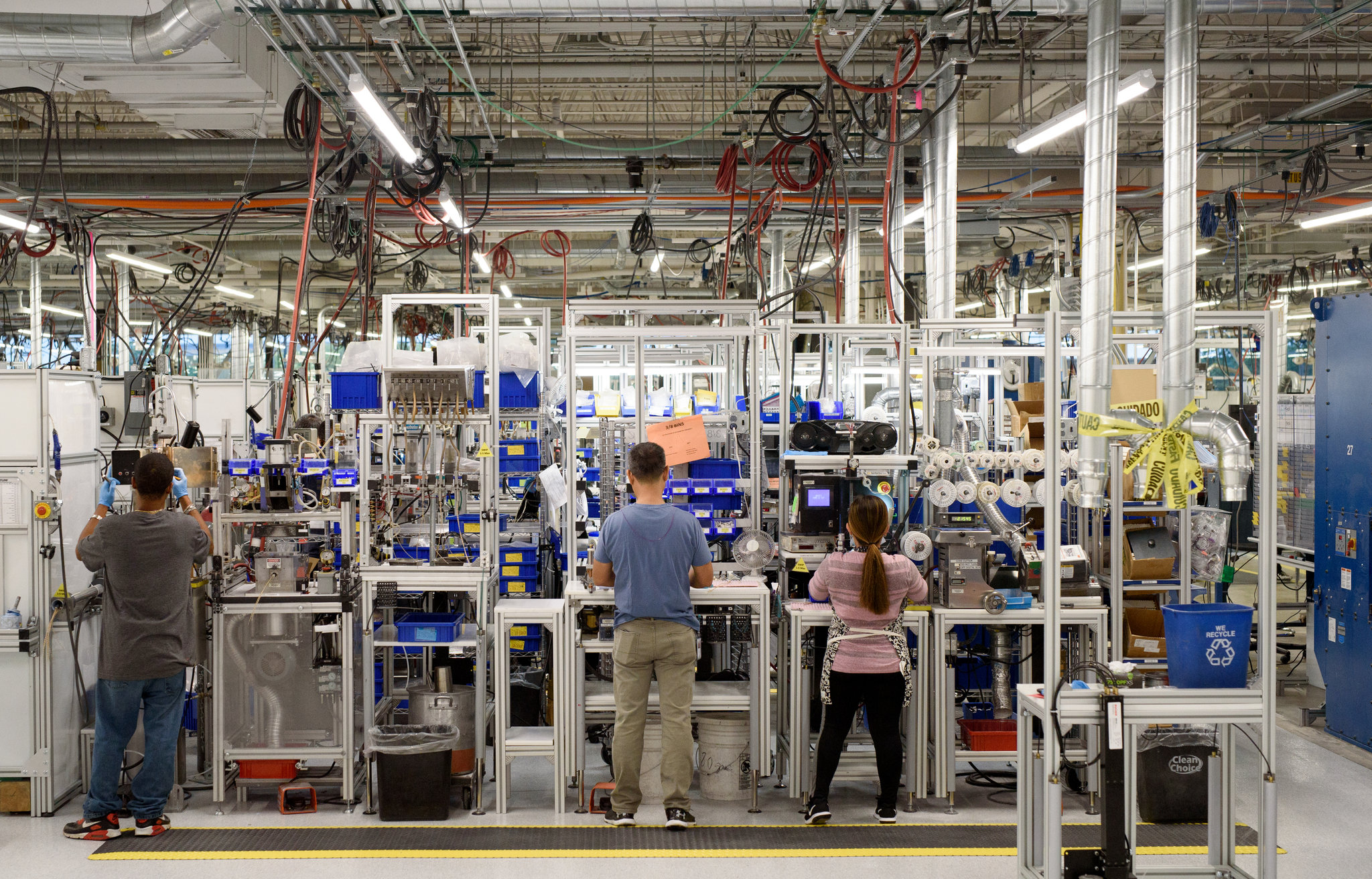Lean manufacturing, at its core, is a methodology focused on minimizing waste within manufacturing systems while simultaneously maximizing productivity. It’s all about making smart use of resources to ensure that work processes are as efficient as possible. Here’s a simple way to understand it and how it’s applied in the real world.
Understanding Lean Manufacturing
Imagine you’re making a sandwich. In a non-lean process, you might take out all the ingredients you need from the fridge, use only a few of them, and spend a lot of time searching for tools or even making more sandwiches than you need. In a lean manufacturing scenario, you’d prepare just the right amount of sandwiches, have all your ingredients and tools neatly organized and within reach, and avoid any unnecessary steps, like opening the fridge multiple times.
Key Principles of Lean Manufacturing
- Value: Only actions that add value to the customer are valuable, so focus on what the customer is willing to pay for.
- Value Stream: Analyze the process from start to finish to identify and eliminate waste.
- Flow: Ensure the work processes flow smoothly without interruptions.
- Pull: Produce only what is needed when it is needed, reducing overproduction and inventory.
- Perfection: Continuously improve processes to strive towards perfection, reducing waste.
Real-World Applications
- Automotive Industry: Toyota is famous for its Toyota Production System (TPS), which is a pioneer in lean manufacturing. They focus on reducing waste in every aspect of production, from minimizing inventory to improving worker efficiency.
- Electronics Manufacturing: Companies like Apple apply lean principles to streamline their production processes, ensuring that each step adds value and efficiency, from sourcing components to assembling devices.
- Healthcare: Hospitals and clinics apply lean methods to improve patient care processes, reducing waiting times and eliminating unnecessary steps in patient care.
- Service Industry: Even non-manufacturing sectors, such as banks and retail, use lean principles to streamline operations, improve customer service, and reduce costs.
Implementing Lean Manufacturing
Implementing lean manufacturing involves a cultural shift within the organization, where every employee is focused on identifying and eliminating waste. This can include training programs, cross-departmental collaboration, and continuous improvement initiatives. It’s not just about cutting costs but about creating more value with less work, improving quality, and enhancing efficiency.
In essence, lean manufacturing transforms the way organizations operate, making them more agile, efficient, and competitive in the market.









